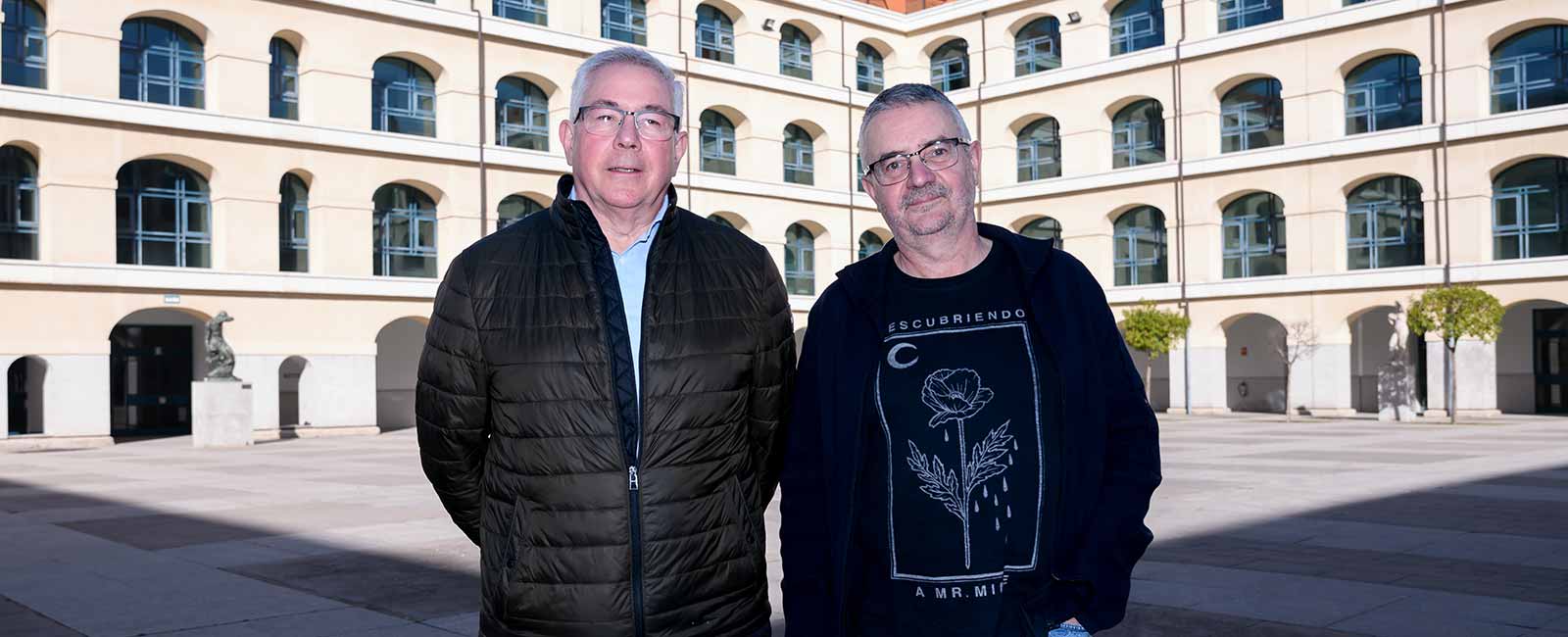RESEARCH TEAM
Principal investigators: Anxo Sánchez Sánchez (Universidad Carlos III de Madrid); José Luis Molina González (Universitat Autónoma de Barcelona); Christopher McCarty, (University of Florida, United States).
Team members: Alberto Antonioni (Universidad Carlos III de Madrid); Ángel Cuevas Rumín (Universidad Carlos III de Madrid); Rubén Cuevas Rumín (Universidad Carlos III de Madrid); Mark Girson (University of Florida, United States); Miguel Ángel González Casado (Universidad Carlos III de Madrid); Regnar Kristensen (Universitat Autónoma de Barcelona); Francesca Lipari (Universidad Carlos III de Madrid); Ignacio Ortuño Ortín (Universidad Carlos III de Madrid); Miroslav Pulgar Corrotea (Universitat Autónoma de Barcelona); Scott Richards (University of Florida, United States).
DESCRIPTION
The Social Sciences have traditionally studied the structure of individuals’ social relationships (the number of friendships a person has, how he/she cultivates them, how much he/she trusts them or relies on their help to make daily decisions, etc.) as something removed from their cultural context (nationality, ethnicity, language, religion…). The aim of this project is to bring both dimensions within a single common framework: “We are going to really look into the whole thing as one thing. Culture makes society, society makes culture,” explains Anxo Sánchez, Professor of Applied Mathematics at the Universidad Carlos III de Madrid and one of the team’s three principal investigators.
Drawing on an earlier study with an immigrant population base, the project PIs, along with other researchers, had come to conclude that by knowing the structure of the study subjects’ personal networks (how they are organized, whether they are divided into subgroups like friends, close family or distant family, or how often and intensely they interact) they could predict their nationalities of origin up to three times more accurately than by assigning them at random.
Anthropology professors José Luis Molina (Universitat Autónoma de Barcelona) and Christopher McCarty (University of Florida) had also spent years studying issues around personal networks by the traditional means of quantitative and qualitative surveys of relatively large population samples. “We have a very bold agenda,” says McCarty, “which is to understand the origins of the social structure that surrounds us and how that interacts with culture. And we published an article in PNAS Nexus – the above study on migrants – where we managed to demonstrate that there is a linkage between social structure and culture.” The study sample was limited, however, as regards both number of individuals and cultural groups, and insufficiently representative to draw large-scale conclusions. One major contribution of this new project is that it will be much bigger and more culturally diverse.
Sánchez’s role in the project is to apply machine learning and artificial intelligence techniques to this vast quantity of data, compiled from three sources: firstly, the Human Relations Area Files (HRAF), a Yale University database that provides highly detailed information “from almost all the world’s published ethnographies,” as Molina explains; secondly, a cultural classification based on analysis of over two billion personal Facebook profiles, a task performed by part of the team from the Universidad Carlos III, enabling the cultures of the world to be “grouped into clusters based on similarity, and also to measure the distances between cultures,” the project coordinator remarks; and, thirdly, questionnaires of their own design to be rolled out in some ten countries around the world. Molina points out that this will be the “first ever” project to analyze the human condition from the standpoint of personal networks and cultural origin, covering practically all the world’s ethnographies and major cultural groups.
As well as bridging the gap between two areas of knowledge, society and culture, the project’s initiators believe their conclusions will resonate beyond the bounds of academia: “Just as our previous studies provided important evidence to prevent abusive behaviors like bullying in schools, we believe this new project will provide guidance on dealing with issues like the social integration of migrants,” Sánchez reflects.

